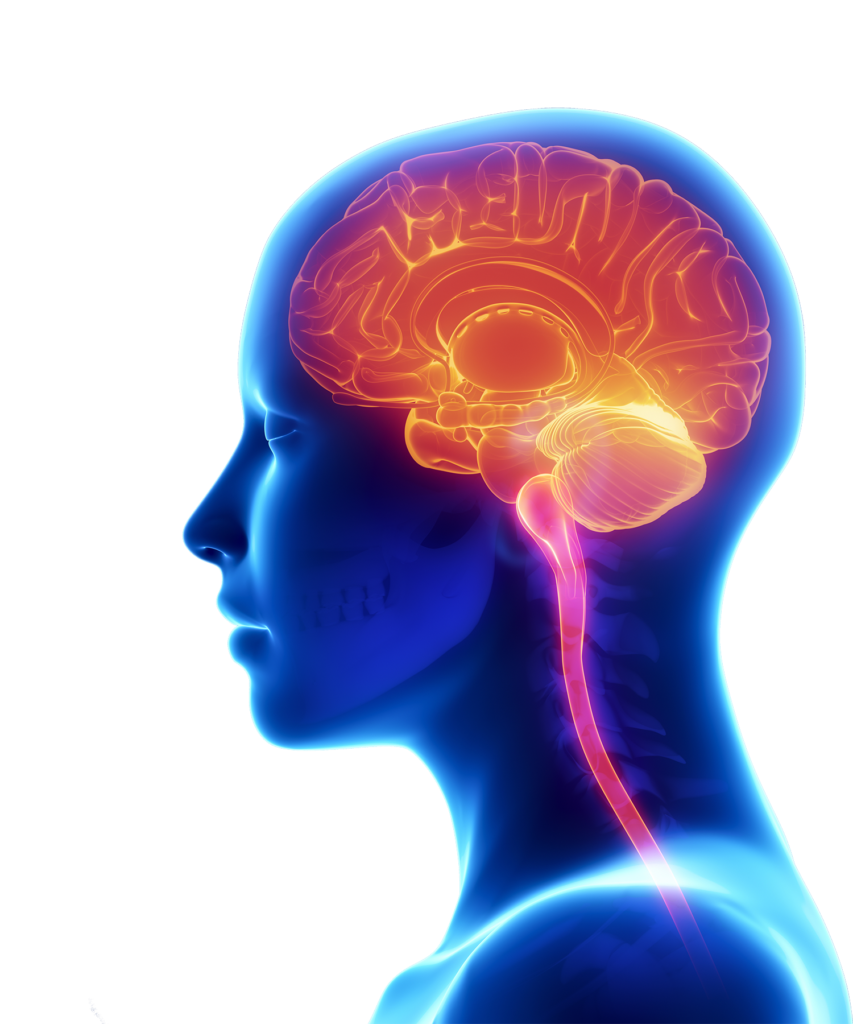General Neurology Expert in Perumbakkam
Your Trusted Partner in General Neurology
General neurology is a broad specialty that covers conditions and diseases that affect the brain, spinal cord, and/or nerves. We are here to provide you with top-notch care and guidance to tackle your problems.

Understanding General Neurology
Signs of General Neurology
The journey of a general neurology patient begins with a neurologist who determines the best treatment. When necessary, the psychiatrist may seek help and advice from other medical professionals and/or psychologists.
conditions of General Neurology:
- Alzheimer’s disease
- Migraine
- Neuralgia
- Neuropathy
- Parkinson’s disease
- Peripheral neuropathy
- Seizures
- Traumatic brain injury (TBI)
- Bell’s palsy
- Trigeminal neuralgia
- Blood clots
- Brain tumors
- Concussion
- Dementia
- Diabetic neuropathy
- Dizziness (vertigo)
- Epilepsy
Symptoms of General Neurology:
- Amyloid neuropathy
- Amyloidosis
- Changes to memory
- Confusion
- Difficulty walking
- Difficulty speaking/slurred speech
- Dizziness
- Fainting
- Headache
- Hearing problems
- Lack of coordination
- Limb weakness
- Seizures
- Seizures
- Trouble falling or staying asleep
- Trouble swallowing
- Vision changes
Diagnosis
Diagnosis of internal organs begins with physical examination and cognitive tests. Your care team will complete your medical and family history to help determine the cause of your symptoms.
If further testing is required, one of the following may be used:
-
- Angiography
- Cognitive assessment
- CT scan
- Electroencephalography (EEG)
- Electromyography (EMG)
- Blood or other lab tests
- MRI
- Nerve or skin biopsies
- Neuropsychological testing
- Positron emission tomography (PET)
- Single photon-emission computed tomography (SPECT)
- Toxicology screening
Treatments
Most neurological disorders can be treated with medication, surgery, or a combination of both.
We use a variety of methods to provide each patient with carefully selected team care based on their specific situation and needs. Each patient is given a unique care plan, which includes collaboration with NCH specialists within and outside the NNI.
Frequently Asked Question on General Neurology
Signs of a neurological problem may include headaches, seizures, memory loss, muscle weakness, numbness or tingling, coordination problems, and changes in speech or vision.
You should consider seeing a neurologist if you experience persistent or severe neurological symptoms, such as chronic headaches, dizziness, balance issues, or any unexplained changes in neurological function.
Prevention varies by condition, but certain lifestyle choices, such as maintaining a healthy diet, exercising regularly, and protecting your head from injury, can reduce the risk of some neurological disorders.
Stress can have a negative impact on neurological health, potentially triggering or exacerbating conditions like migraines or exacerbating symptoms in disorders like multiple sclerosis.
Yes, genetics can influence the risk of certain neurological disorders. Some conditions have a hereditary component.
